Laura Goode is the author of a collection of poems, Become a Name, and a YA novel, Sister Mischief, which was a Best of the Bay pick by the San Francisco Bay Guardian and a selection of two ALA honor lists. With director Meera Menon, she wrote and produced the feature film Farah Goes Bang, which premiered at the Tribeca Film Festival and won the inaugural Nora Ephron Prize from Tribeca and Vogue. Her nonfiction writing on intersectional feminism, female friendship, motherhood, gender, and race in culture, TV, film, and literature has appeared in BuzzFeed, New Republic, New York Magazine, Longreads, Elle, Catapult, Refinery29, and elsewhere. She received her BA and MFA from Columbia University and currently teaches at Stanford University, where she was honored with the 2025 Walter J. Gores Award, Stanford’s highest award for excellence in teaching.
What is one helpful or insightful behind-the-scenes truth about pitching that you wish more beginning and novice writers understood?
That all the connections, research, and even talent in the world are less important than the gumption to press SEND on an idea you’d like to propose. That gumption is simple, radical, and available to every single one of us.
You make the business of writing sound like a creative act itself. How do you keep your professional life artistic and fun, without the business side being soul-sucking?
I believe that the business of writing, and the craft of pitching, absolutely are creative acts. Creativity is the action of producing something from nothing, and that includes building a platform, putting an idea into the juiciest possible language, and sharing information with comrades. I genuinely find standing on business to be creative and generative.
All of that said, I also bang out a lot of Radiohead songs on my piano to remind myself that creative acts that emerge solely from my presence and pleasure are worthy of my time. I also stubbornly continue to write poems, and always will.
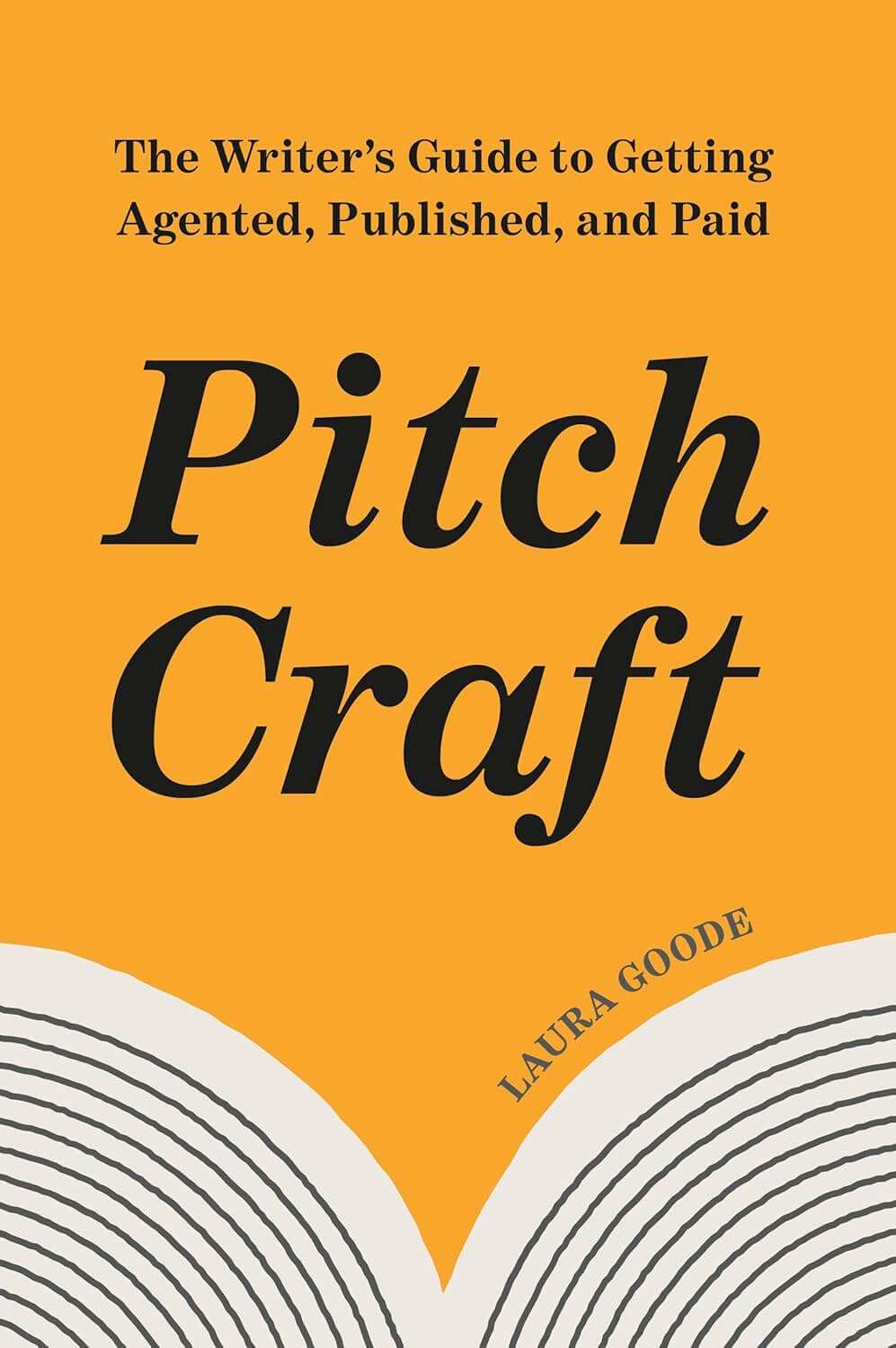
What does Pitch Craft have to offer writers who are new, with no connections, and no formal education in the publishing industry?
I wrote Pitch Craft for EXACTLY this writer. Look, I know that education, networking, and cloistered writing time are EXPENSIVE. They’re expensive in terms of time, money, and ego-battering. I wrote this craft handbook so that any writer with a dream and twenty bucks or a library card could learn everything that a professional writer with an MFA knows about pitching and publishing. It’s my hope that the book will offer this kind of inexperienced, courageous writer tip-to-tail instruction on everything from scratch-cooking an online presence to pitching a short essay to curating a dynamite book proposal.
Buy the book now: Bookshop.org | Amazon | Barnes & Noble
What tools or programs do you like to use to keep all of your writing, pitching, and publishing information organized?
I am such a type-A nerd, so I love organizing, but I think it’s important to note that I don’t use any fancy, expensive, or inaccessible tools. When I was pregnant with my second child and horribly nauseated all the time, I transferred all of my ongoing writing work into Google Docs so I could write flat on my back on my phone. This has revealed the additional benefit over time of being able to organize projects into folders and share them easily. I keep track of my pitches in a very simple spreadsheet that I detail in Pitch Craft. I keep to-do lists in my Notes app and Gmail’s Tasks app. I think writers at all experience levels should stay close to the truth that every award-winning or world-changing idea begins with a few lines of chicken scratch in a blank document.
What role do you think identity plays in how a pitch is received? How can writers stay authentic without being tokenized?
This is a really important question, and one I’ve wrestled with a lot from my own positionality. I’m a woman, so I’ve navigated the creative world with the informed assumption that a lot of people, overtly or covertly, would prefer that I sit down, shut up, and roast a chicken. I’m a queer person, so that means that a lot of people hate and fear me while others think I’m very trendy. However, as I describe in the book, I’m also a white person, raised by American-born parents, educated in predominantly white institutions, and steeped in white, Western modes of financial literacy. All of this means that I need to be very explicit with my students, and readers, that mine is a white performance of confidence, and that any writer’s identity will inevitably intertwine with how they pitch and how those pitches are received. In this way, I believe that self-awareness and pride in any identity can make a proposal compelling: authenticity is tremendously gripping to behold on the page.
It’s also true, and unignorable, that tokenization is a very real aspect of an industry that remains gatekept and, frankly, racist. And I don’t think any writer can reasonably hope to control every aspect of how their pitches are received. I advise my students to control what they can. Choose allies wisely: if a prospective agent’s author roster reveals that only one of their 50 clients is a person of color, for example, I’d advise against signing with them. Uplift your friends: a rising tide lifts all boats, and investing in the trajectories of people you admire will help diversify the profession. Insist upon your own multiplicity: none of us is reducible to a single prong of intersectional identity, and my favorite stories address that complexity. And just keep going. Keep hitting send. Be obstinate. Sometimes delulu really is the solulu. Be delightful, be informed, and refuse to be ignored.
Do you have any book recommendations that would be great partner books to Pitch Craft for new authors looking to learn more about the publishing space?
Absolutely—the book contains both Further Reading and Works Cited lists that provide a whole library of other craft books I love. My three absolute favorites:
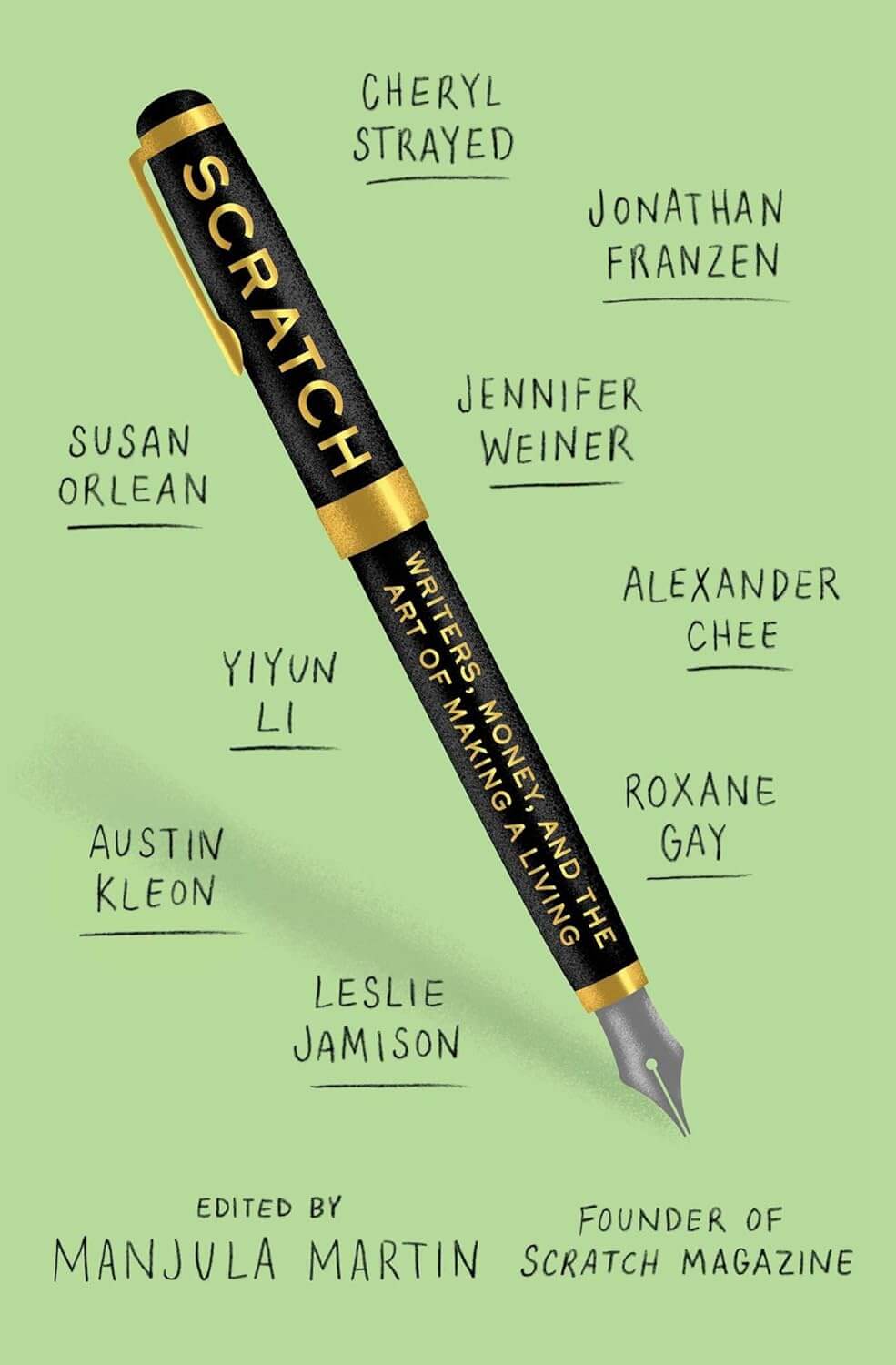
Scratch: Writers, Money, and The Art of Making a Living
This is an anthology about the financial side of the writing life edited by my wonderful friend Manjula Martin, herself a veteran of the business of letters, and it includes work by many of the people I consider to be our greatest living writers: Roxane Gay, Kiese Laymon, Leslie Jamison, Yiyun Li, Sarah Smarsh, Danny Lavery, my personal heroine Cheryl Strayed. I also have an essay in there about the process of funding an independent feature film.
Buy the book now: Amazon | Barnes & Noble
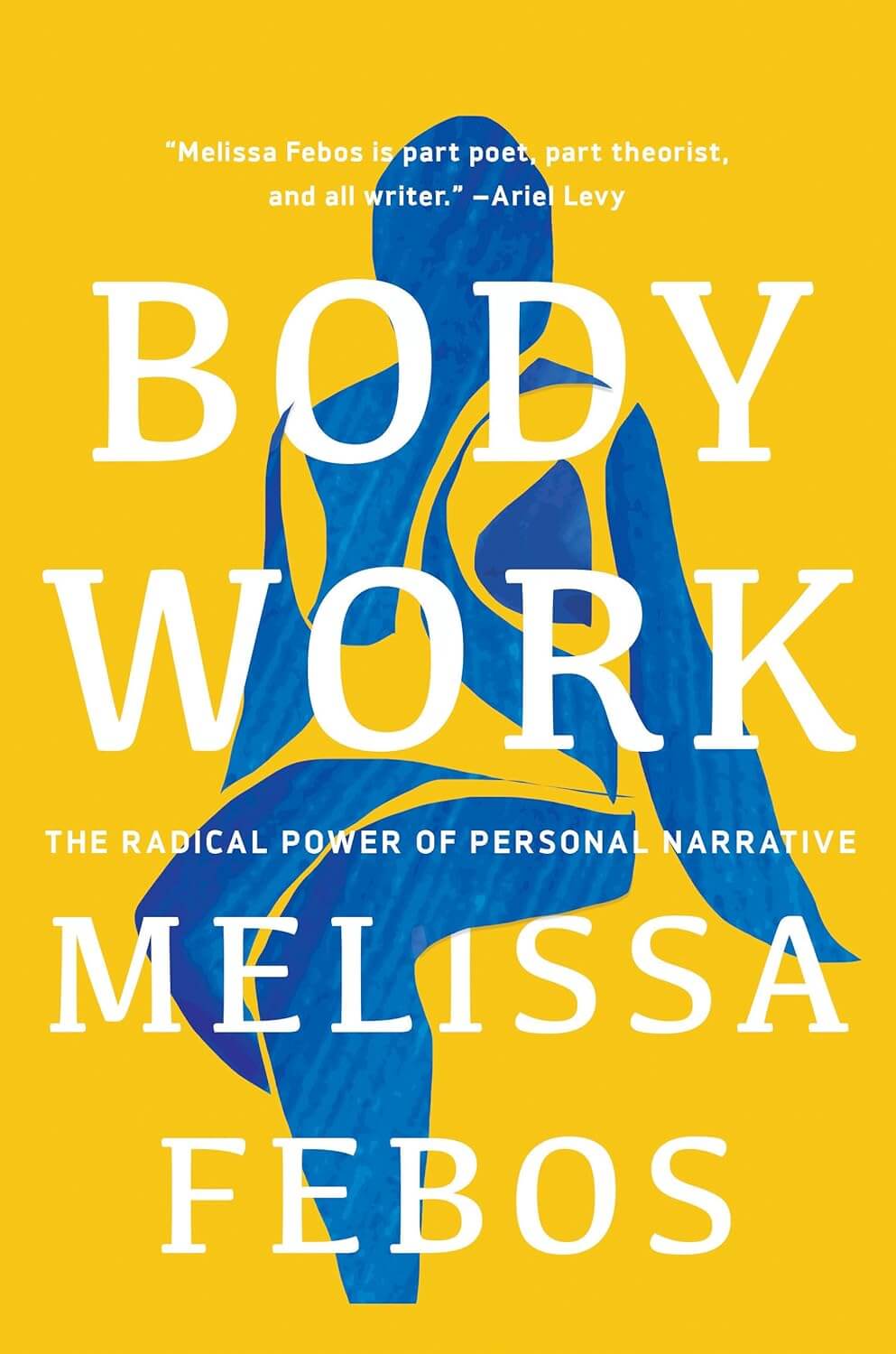
Body Work: The Radical Power of Personal Narrative, by Melissa Febos
I’m obsessed with Melissa’s work in general, and I revere the way this book fuses a feminist reclamation of truth-telling with very pragmatic counsel about how to approach literary challenges like writing about the people in your life.
Buy the book now: Bookshop.org | Amazon | Barnes & Noble
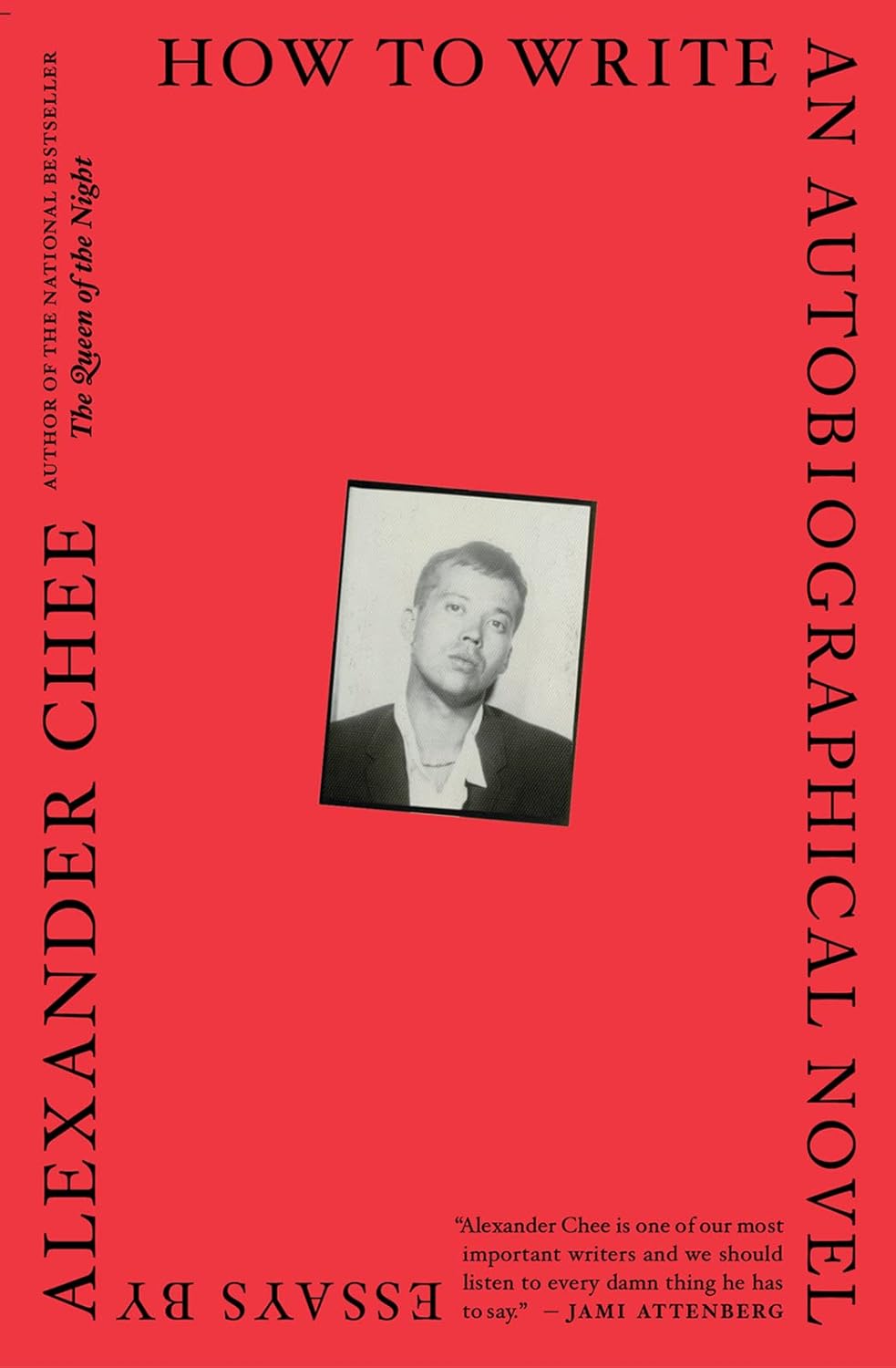
How to Write an Autobiographical Novel by Alexander Chee
This book—technically a literary essay collection, but brimming with practical reflections on a writing career—meant so much to me that it provided the epigraph for Pitch Craft and my students are probably sick of hearing me implore them to read it. I got to meet Alex at Bread Loaf a few years ago and was so starstruck that it took me three days to screw up the courage to talk to him. I caught him in a quiet moment reading student submissions and blurted out something ridiculously awkward like “Are you too busy for me to tell you how your book saved my life?” And then I recited from memory the entire passage that became that epigraph. I probably sounded totally unhinged, but he was incredibly gracious.
Buy the book now: Bookshop.org | Amazon | Barnes & Noble
How do you define success as an author in the publishing industry, and how would you encourage authors looking to get published to view it?
This question is a banger, because my extreme addiction to overachievement has forced a radical redefinition of what success looks like for me. If you’d asked me this question when I was 22 and deranged with ambition, I would have said something very rational and realistic like: well, I only want the simple things, like to be a bestselling household name before age 25, I pretty much just want to be the Britney Spears of poetry, if you stop yammering at me I’ll probably get that done by the end of the week. Hold my beer. Then, like so many of us, I was humbled by age and experience: as I write in the opening chapter of the book, my journey teaching pitching and publishing began with the stuttering death of not one but two books on the market. I poured 8 years into writing a novel and essay collection that ultimately never sold. I was so depressed by this failure that I had to burrow deep into the guts of my own ambition—where it was motivating me, and where it was telling me lies. I had to relocate a kind of childlike joy that had been almost totally exterminated by my ego’s desperate hunger for validation. And that was hard. But when I deeply investigated the sources of that childlike joy, I realized that the artsy kid within me just wants to play with smart friends. She loves the mouth-feel of a delicious sentence, the thrill of making a collaborator laugh, the triumph of one word’s precision. So while I am deeply gratified by earning the respect of my colleagues and health insurance for my children, for me, “success” in writing just means two things: one, experiencing joy, play, and flow in my creative practice, and two, following through on my own visions. Success is really just showing up.
What advice do you give to writers dealing with imposter syndrome, especially when it comes to querying or negotiating?
In the most-read article in the history of the Harvard Business Review, authors Ruchika Tulshyan and Jodi-Ann Burey put forth the groundshifting argument that the concept of “impostor syndrome” tends to make women feel responsible for their own professional insecurities, rather than interrogating the ways that workplaces still exclude and alienate both white women and women of color, thus producing those feelings of insecurity. I address this in Pitch Craft through the lens of how I’ve felt since I got a job at Stanford: never has my own impostor syndrome been louder, and yet I also notice that nobody I’ve met there, ever, has said something like “I feel totally at home in this prestigious environment that never shuts up about how exclusive it is, I was positive I was qualified enough to be invited in, and I know innately that I belong here.” So, as I ask in the book: is it my impostor syndrome that feels loud here, or is an institution that brags about how many people it keeps out perhaps producing at least some of that sensation? I find it intensely interesting that my Pitching and Publishing courses routinely enroll a majority of AFAB people and POC: who assumes that they lack information, who presumes that they need help, who has reason to believe that they’ve been left out of a circle of insiders?
Applying this to writers, I wrote Pitch Craft specifically to demystify and distribute “insider” information about the writing world that has historically been gatekept by expensive schools and legacy media. I’ve been teaching this material in various venues for almost a decade. The VAST majority of my students are more qualified and talented than they perceive themselves to be. So again, my advice is: TRY. PRESS SEND. JUST GIVE IT A SHOT. Let your curiosity be louder than your fear. As I argue in the book, confidence is a cultural construct, and you are just as entitled to perform it as anybody else.
How do you handle the emotional labor of constantly having to explain your worth as a writer?
“Emotional labor”, I was recently fascinated to learn, has two accepted popular definitions. The first, originated by feminist scholar Arlie Russell Hochschild, describes women performing an emotion they don’t internally feel for the benefit of a workplace; the cardinal example is cheerful flight attendants. The second, used within therapy modalities such as Internal Family Systems, describes the process, usually by women, of attuning to the moods of other individuals or a family within a household.
I’m close-reading these because in the first definition, the emotional labor of pitching is embroiled with pretending I feel confident, positive, and enthusiastic where I might actually feel underqualified, mediocre, and terrified. In the second definition, the emotional labor of defending my worth might require me to read the room of my audience and use that information to make them feel comfortable with the prospect of an ambitious woman writer. Both of these can be hard! Both of these require real labor. But this is exactly why I emphasize the performance of confidence: reminding myself that a pitch is a performance reminds me that I don’t have to feel everything I’m projecting.
Also, my friend and collaborator Meera Menon once noted, with hilarious accuracy, that the reason I became a great negotiator might be because my Catholic parents were so strict about curfews and the like that I had to negotiate for everything in my early life. I’ve always gotten a kick out of that observation.
You encourage writers to strengthen their self-advocacy skills. What is one confidence-building strategy or activity that you return to when you’re feeling doubt?
I keep a permanent folder on my desktop called “The Rainy Day File.” Whenever I get a beautiful compliment, I screenshot it and drop it in there. I strongly recommend this practice: maybe it over-relies on external validation, but when I’m spiraling in self-doubt, it really helps to see written evidence of a time I did something well.
What is something that you learned after you published your first book that you wish you would have known before, specifically about the pitching and agent process?
I sold my first book in 2008, as a debut novelist with no prior fiction publications, on proposal—which meant that when I sold it, I’d only written five chapters. This was a wildly lucky shoot-the-moon experience, and also HIGHLY unusual. It was a gift, and it also set up some unrealistic expectations that maybe I’d be able to sell EVERY book on proposal. So I wish someone had told me, and I now tell my students: write your book all the way through before you do what I call “letting the capitalists into the room.” I was so lucky that my first book landed with an editor who fully supported my vision and was willing to put in a lot of work to get it across the finish line, but that isn’t always how it goes. So I think it’s important to define what you are and aren’t willing to change about your book’s vision before inviting in the capitalists to share their opinions on that.
What are you currently listening to? (Audiobook/podcast/music)
I am a podcast-aholic. I would happily lay down in traffic if Matt Rogers and Bowen Yang of Las Culturistas asked me to do it for the culture. Brené Brown’s Unlocking Usand Dare to Lead kept me psychologically afloat during the pandemic. I adore the music-nerd dads Diallo and LUXXURY of One Song. I have an uncomfortably close parasocial relationship with Glennon Doyle, Abby Wambach, and Amanda Doyle of We Can Do Hard Things. Everything Jamie Loftus does in audio is pretty much genius to me. I have a giant brain crush on Dr. Justin Lehmiller and his Sex and Psychology podcast. I gobbled every minute of Michael Imperioli and Steve Schirripa’s Talking Sopranos. I write in Pitch Craft about how Hrishikesh Hirway and Joshua Malina’s The West Wing Weekly became a transformative, restorative space for me as I was grieving the death of my books that didn’t sell; I’ve always wanted to thank them for that.
What are your go-to snacks/drinks of choice while writing?
Spindrift is the most elite sparkling water on the market, and I’ll die on that hill.
What’s your favorite environment to write in?
Bed.
If you could choose anyone to co-author a book with, living or dead, who would you choose and why?
I have a recurrent fantasy about Lady Gaga tapping me to co-author her autobiography. I would also drop everything for that call from Adele, Beyoncé, or Kelly Clarkson. (Tell me you’re an Elder Millennial Mom without telling me you’re an Elder Millennial Mom.) Call me, divas.

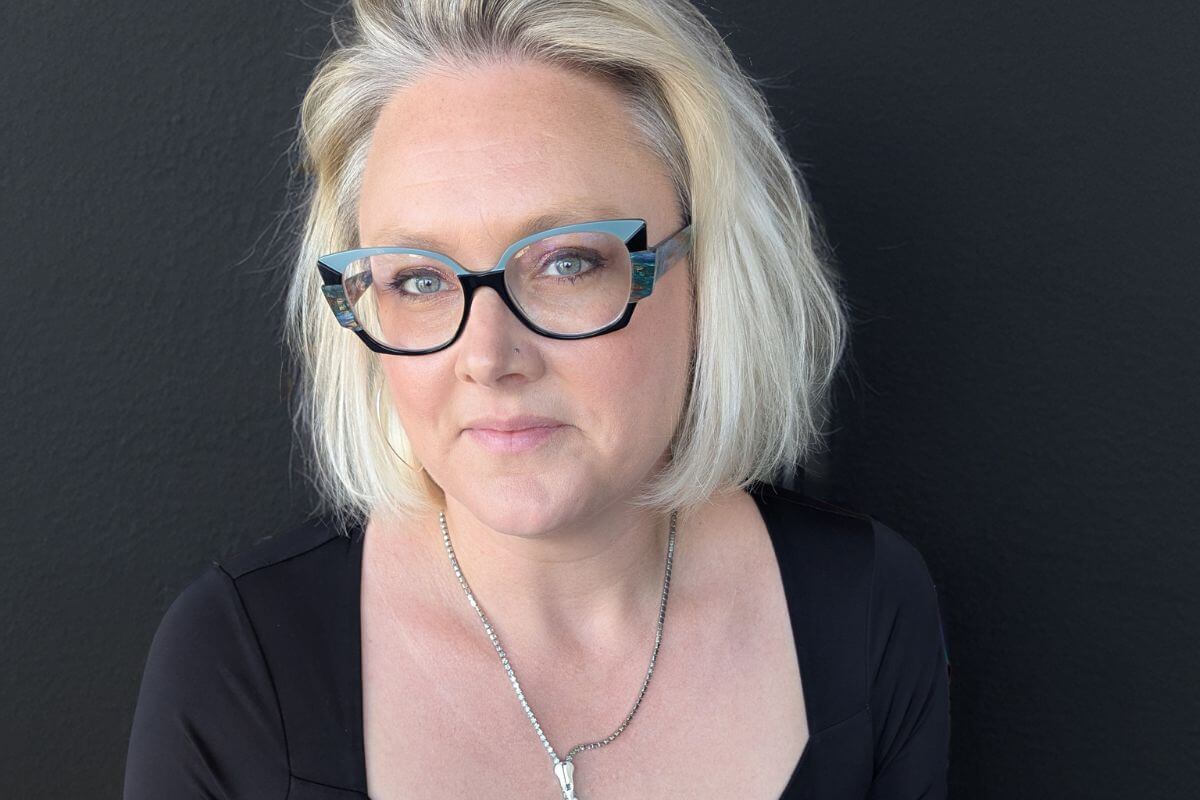
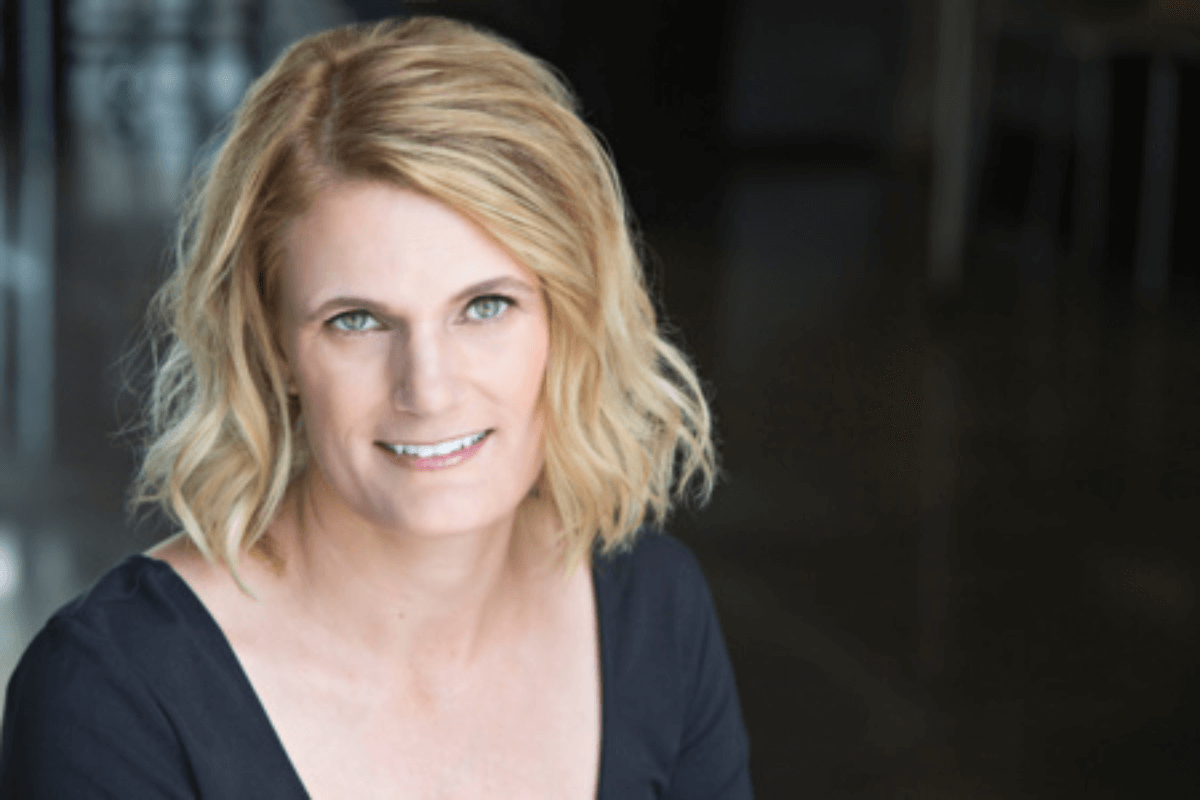
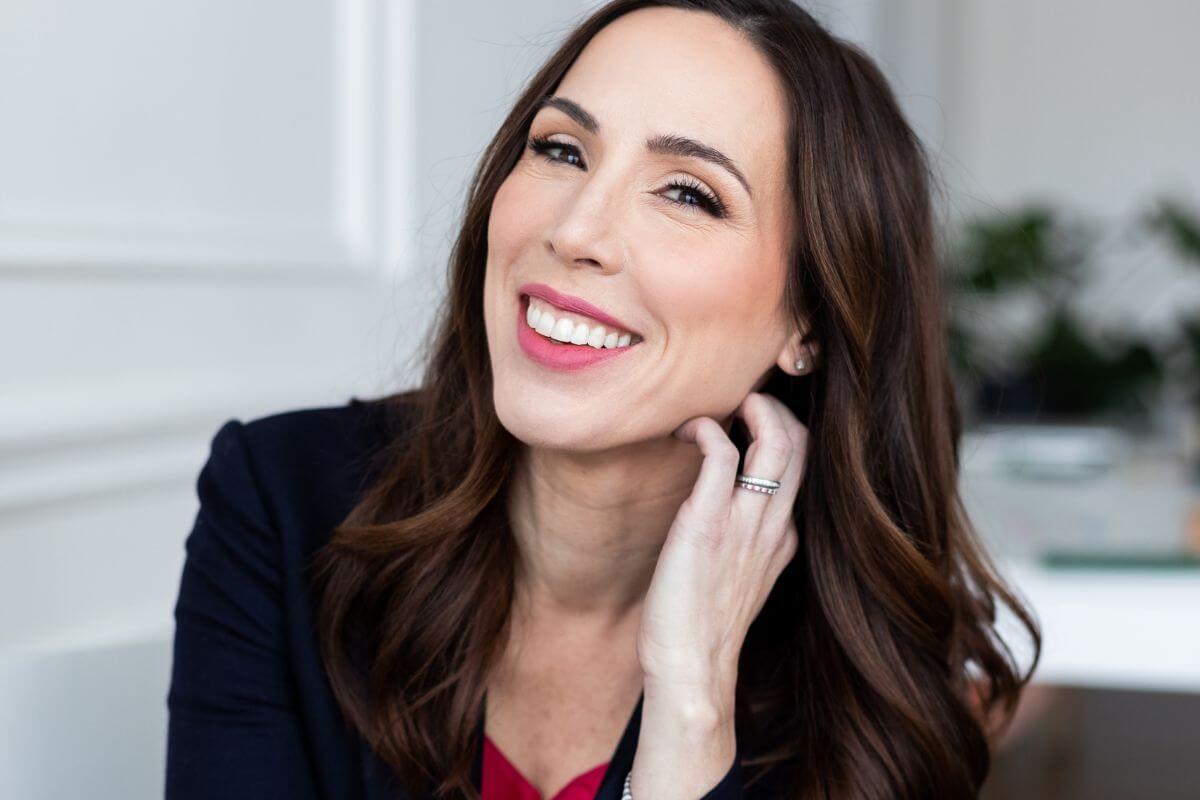
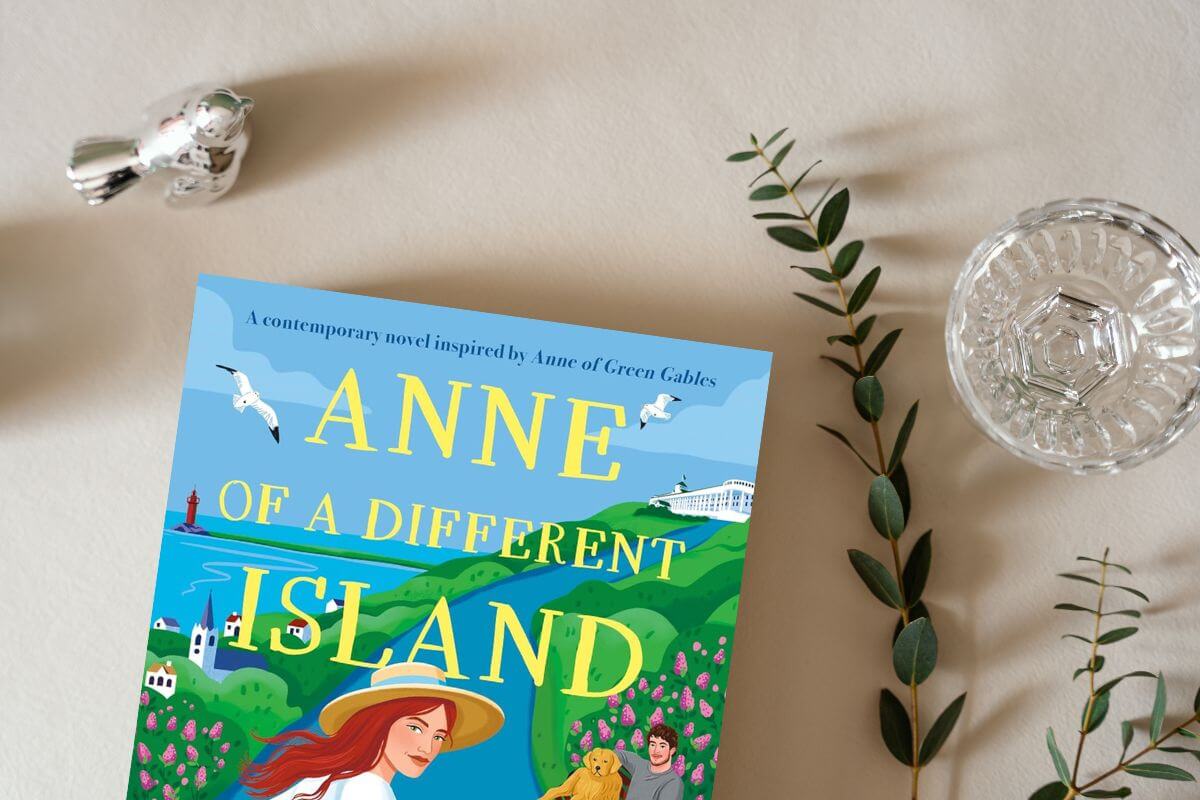
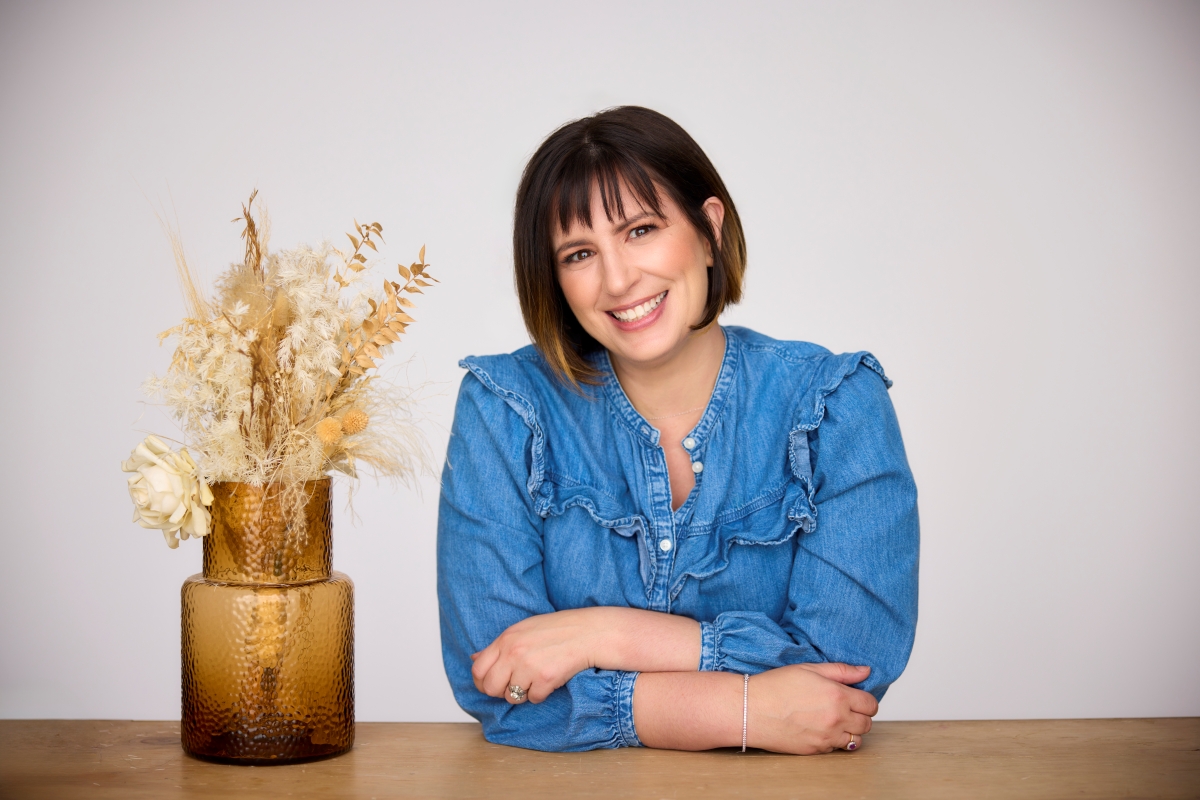
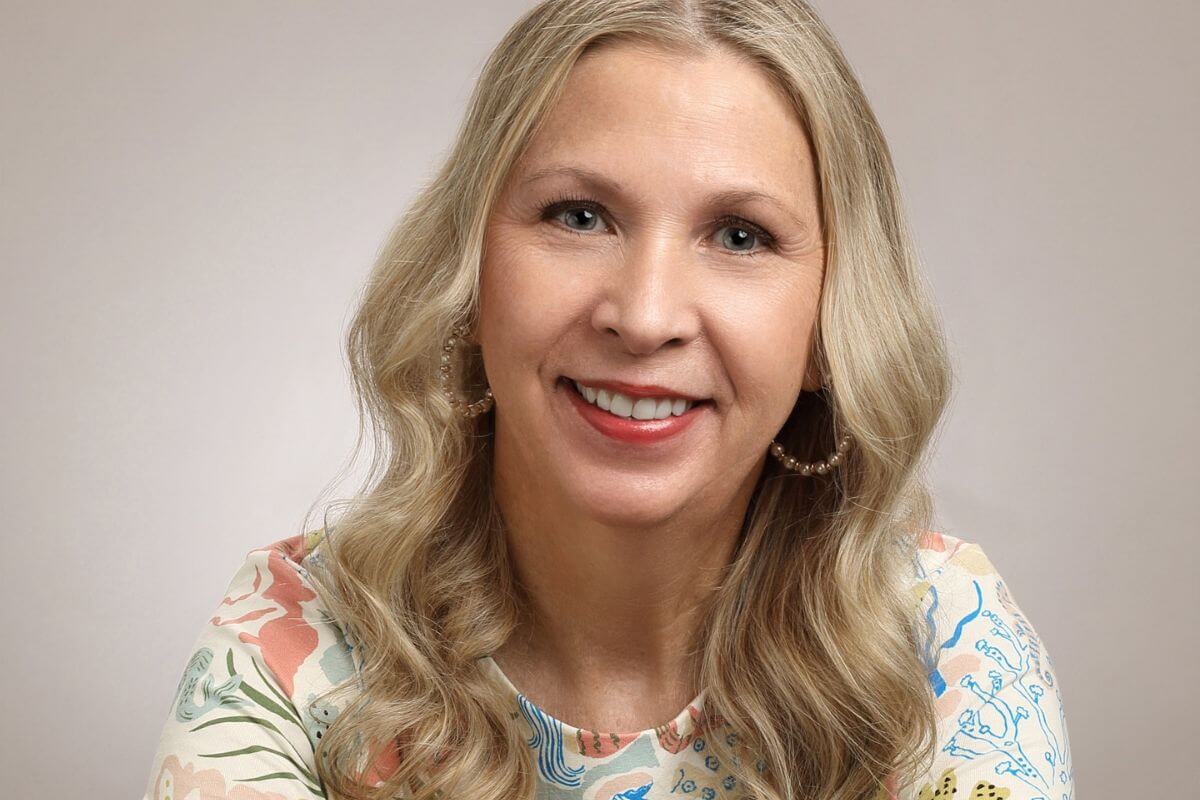
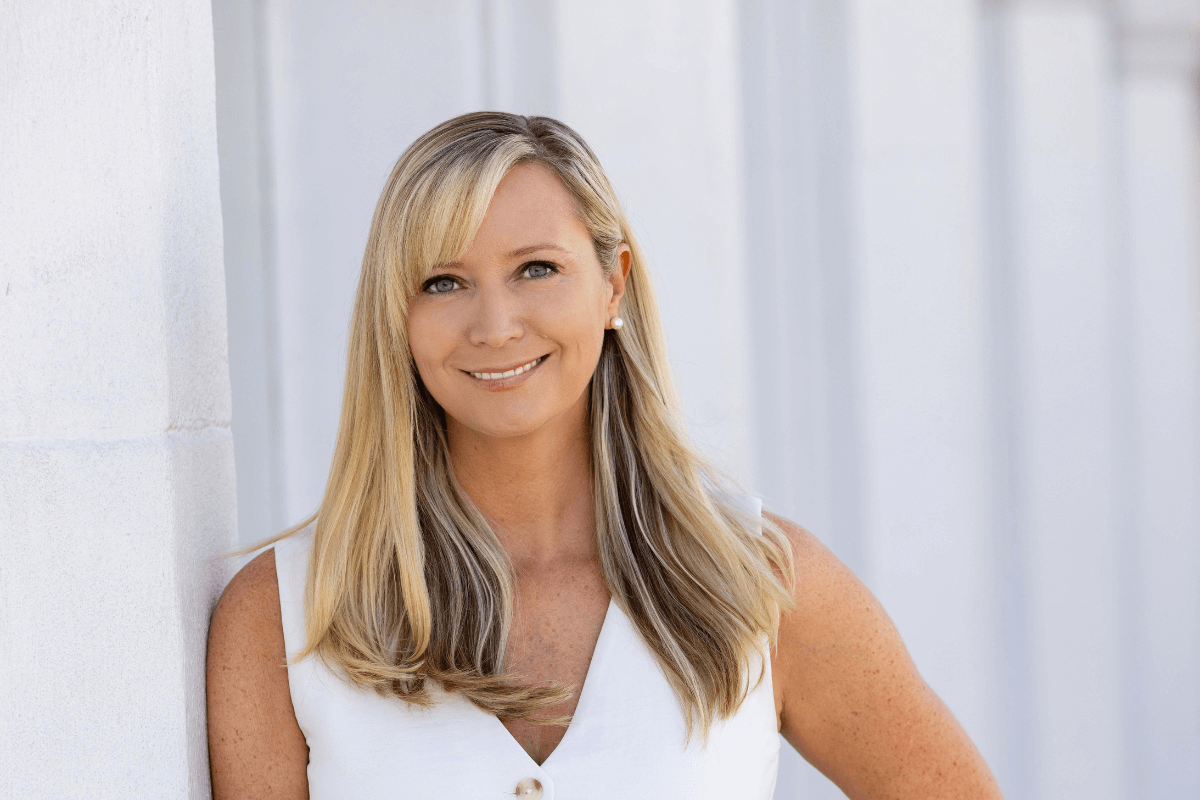
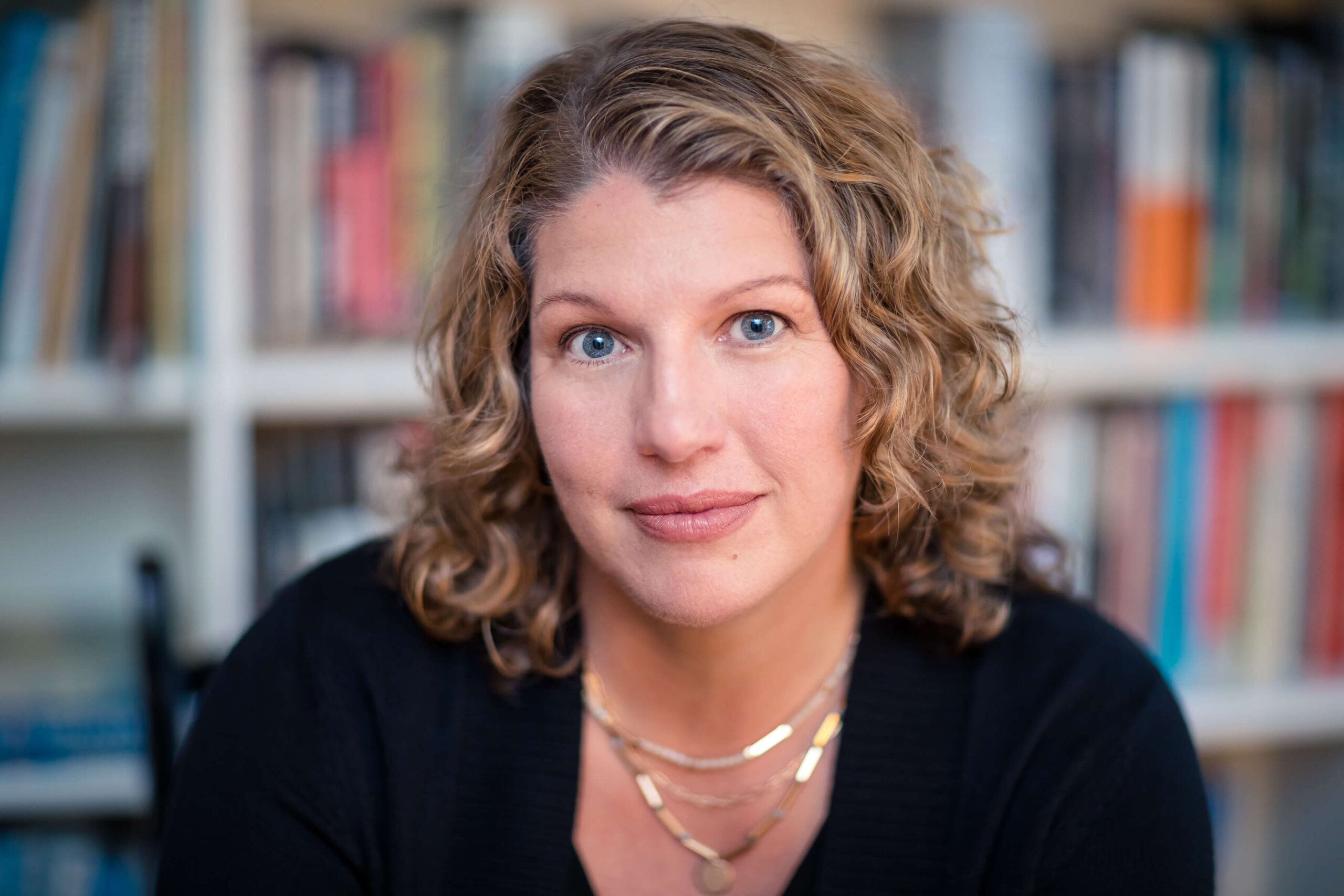
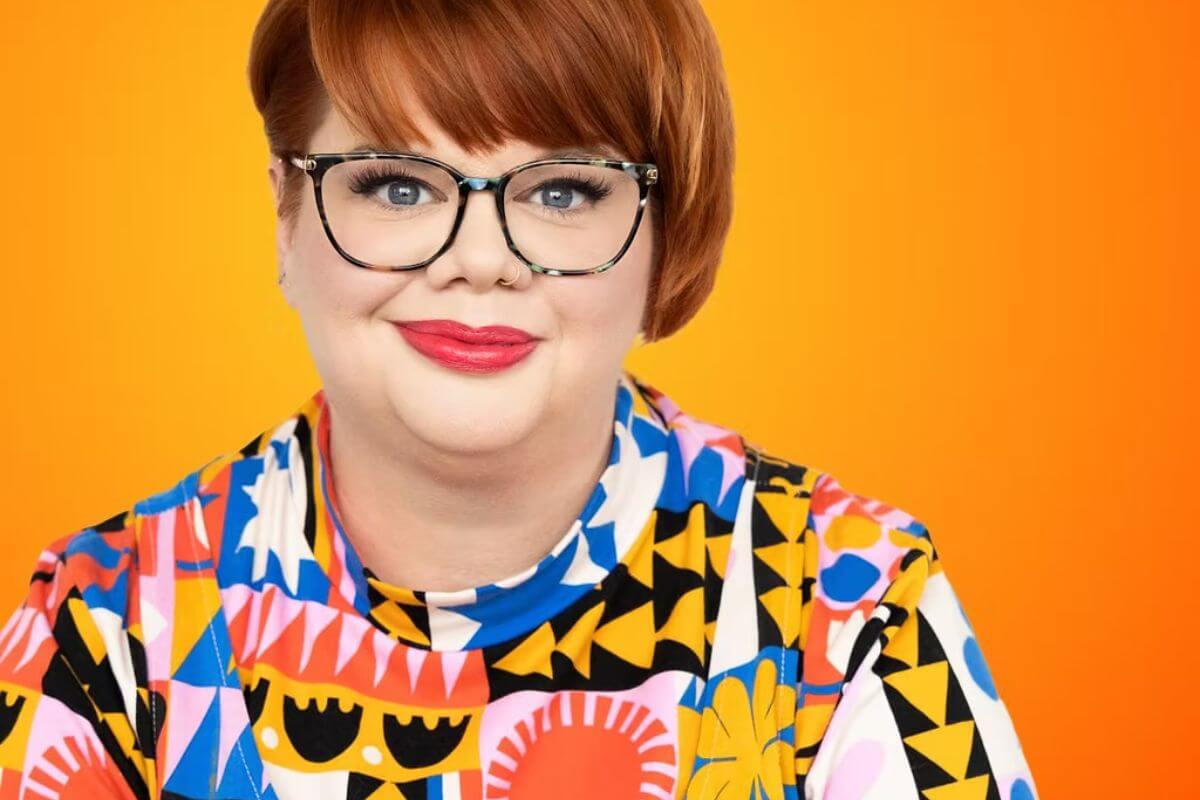
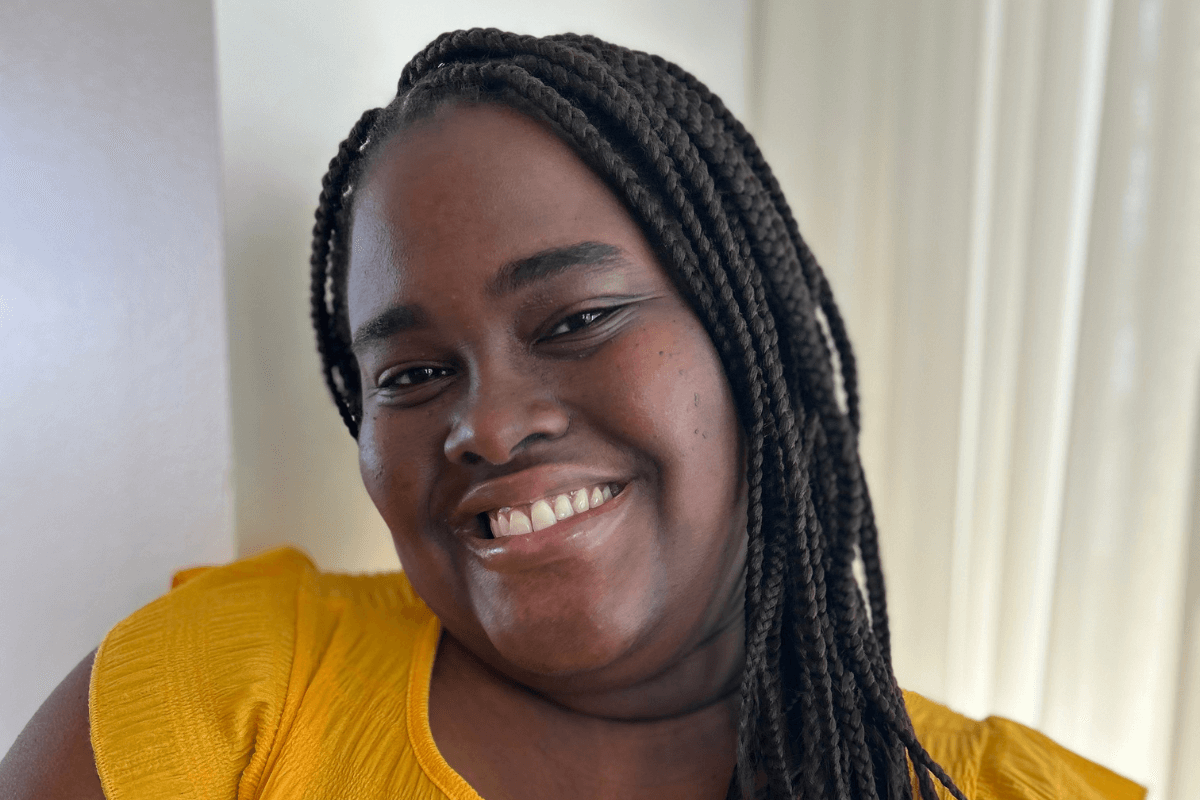


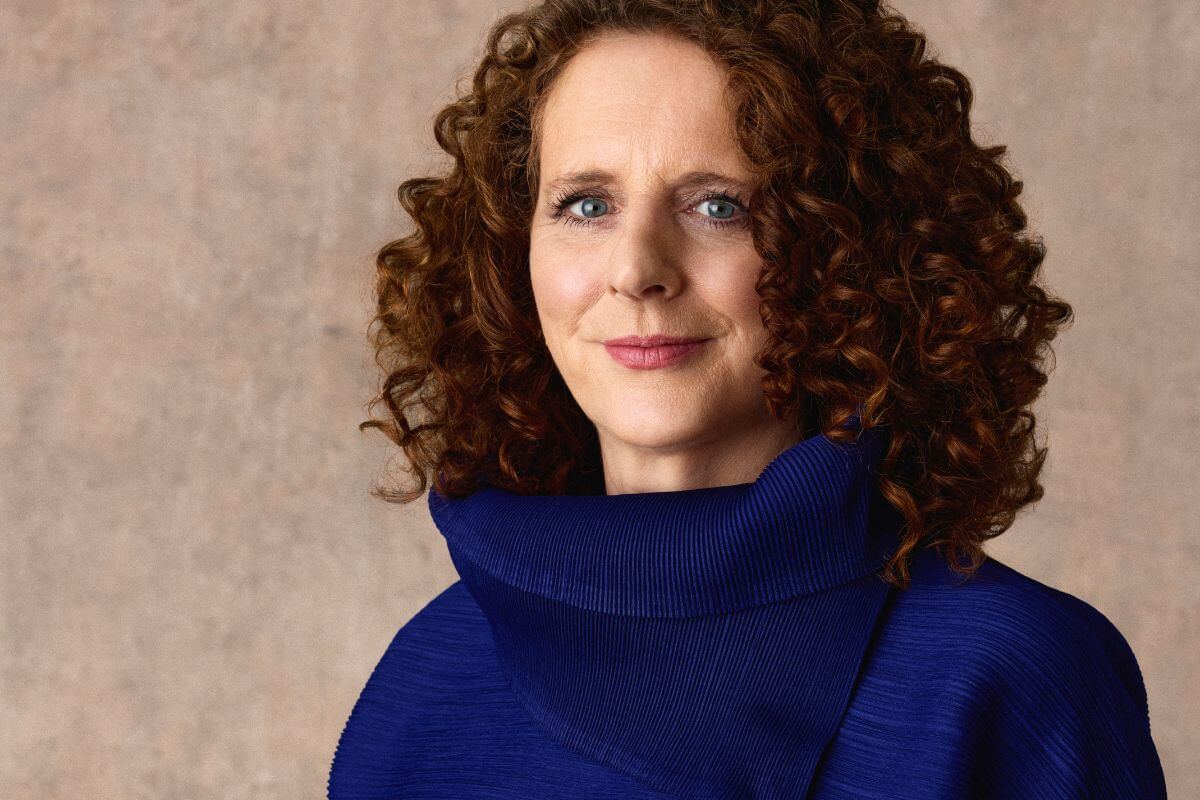
Leave A Comment